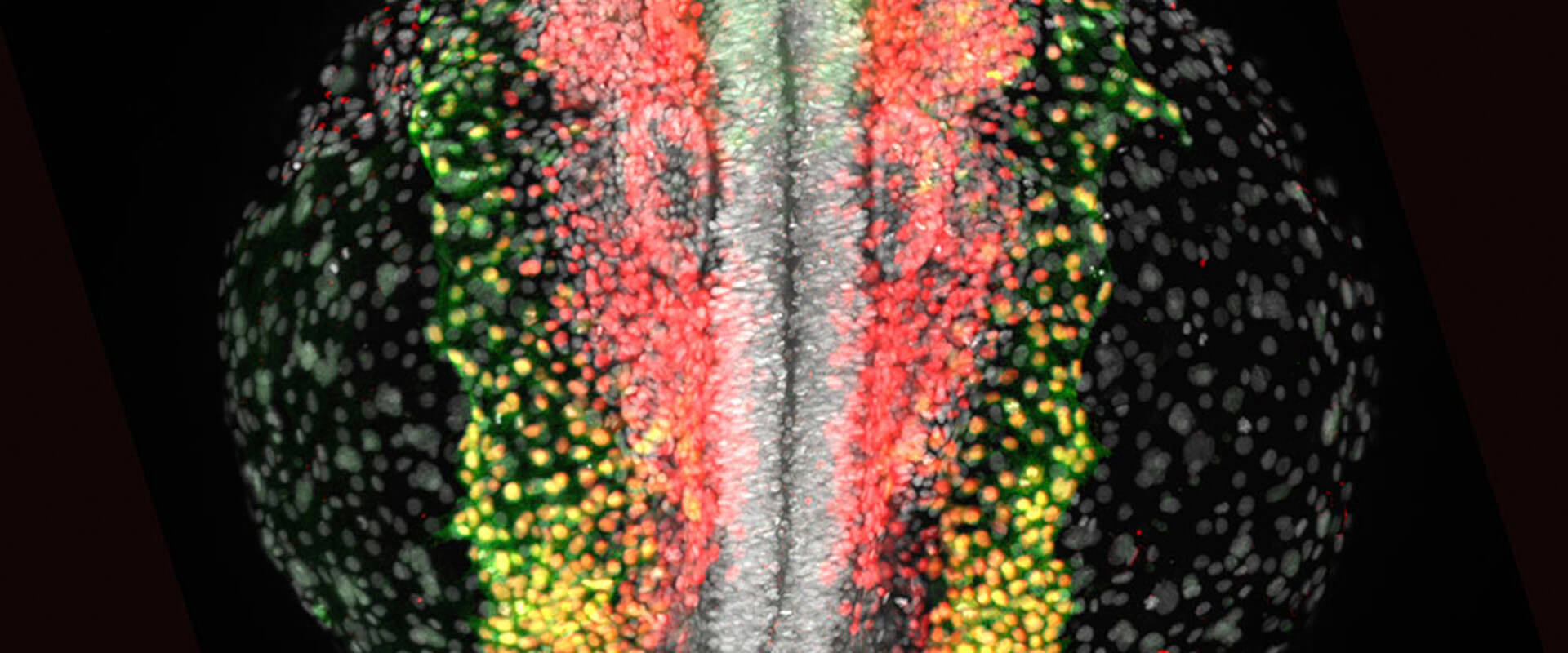Metastatic Colonization Requires the Repression of the Epithelial-Mesenchymal Transition Inducer Prrx1
Metastasis is the cause of the vast majority of cancer-associated deaths, but the underlying mechanisms remain poorly understood. The invasion and dissemination steps during carcinoma progression have been associated with EMT, which endows cells with invasive abilities and the stem cell-like properties required to initiate the formation of a secondary tumor. However, it is unclear how these migratory cells colonize distant territories, in particular because carcinoma metastases usually present a well-differentiated epithelial phenotype. This work shows that while EMT is important for the acquisition of motility and invasive properties in cancer cells, its abrogation is required for these migratory cancer cells to colonize distant organs and progress to the metastatic state. This also has an impact on the design of therapeutic strategies in cancer, as inhibiting EMT (and therefore, motility) when cells have already disseminated from the primary tumour will indeed favour metastasis formation.

 Español
Español
